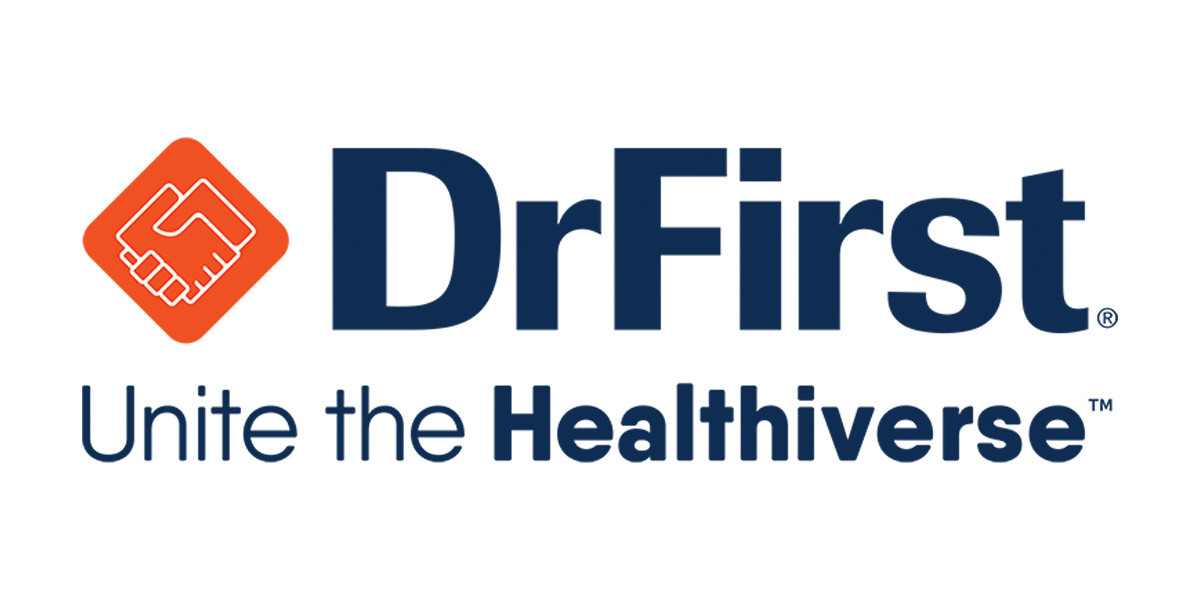Integrated workflows ease staff burden and satisfy regulatory mandates.
DrFirst Survey Reveals that Consumers Still Struggle to Obtain Medical Records Electronically, Despite Widespread Availability of Online Solutions

January 23, 2020
Rockville, Md. – Despite healthcare providers’ widespread adoption of web-based patient portals, about one-third of consumers report they have never used one to view their medical records, according to a recent survey conducted by DrFirst, a pioneer in technology, support, and services that connect people at touchpoints of patient care. Also, 41% of survey participants say they did not receive all the records they requested from their healthcare provider.
DrFirst’s findings are consistent with a 2017 report from the U.S. Department of Health and Human Services, which found that less than one-third of patients viewed an online medical record at least once in the past year. According to participants in the DrFirst survey, consumers gave the following reasons for not using patient portals to access their information:
- They did not know how (37%)
- Their providers didn’t have a portal (31%)
- They didn’t have time (18%)
- They found the process too confusing (14%)
Additional survey findings support the conclusion that current solutions are not providing patients and their families with satisfactory options for accessing and maintaining health records electronically. Only 59% of consumers say they’ve always been successful getting their requested medical records, either electronically or on paper. Just 19% report always being able to obtain documents in a digital format, while 81% report receiving records as a combination of paper and digital. Furthermore, among consumers that have received health records electronically, almost one-third of them print and keep a paper version rather than storing the documents on a computer or online.
Retrieving medical records is also crucial for people who are providing care for family members, which includes children and the elderly. More than 40 million people in the U.S. provide unpaid care to their adult children or aging parents, according to a report by the National Alliance for Caregiving and AARP. The report notes that two-thirds (63%) of these caregivers are communicating with healthcare professionals on behalf of the care recipients.
“Today’s solutions are not meeting the needs of many consumers and the family members they take care of,” said G. Cameron Deemer, president of DrFirst. “People need options that are easier to use, such as secure mobile apps, to keep track of their medical information, and to be fully engaged in their healthcare.”
Survey Details
Among the 200 consumers participating in the online survey, 44% were male and 56% were female. The largest age group represented was over age 54 (26.5%), followed by 25-34 (26%) and 35-44 (21.5%). Respondents were pre-selected for having requested medical records from a physician or hospital – for themselves or a family member.
About DrFirst
Since 2000, DrFirst has pioneered healthcare technology solutions and consulting services that securely connect people at touchpoints of care to improve patient outcomes. We create unconventional solutions that solve care collaboration, medication management, price transparency, and adherence challenges in healthcare. We provide our clients with real-time access to the information they need, exactly when and how they need it – so patients get the best care possible. To learn more, visit DrFirst.com.
###
DrFirst Media Contact
Michelle Ronan Noteboom
Amendola Communications
512-426-2870
mnoteboom@acmarketingpr.com

